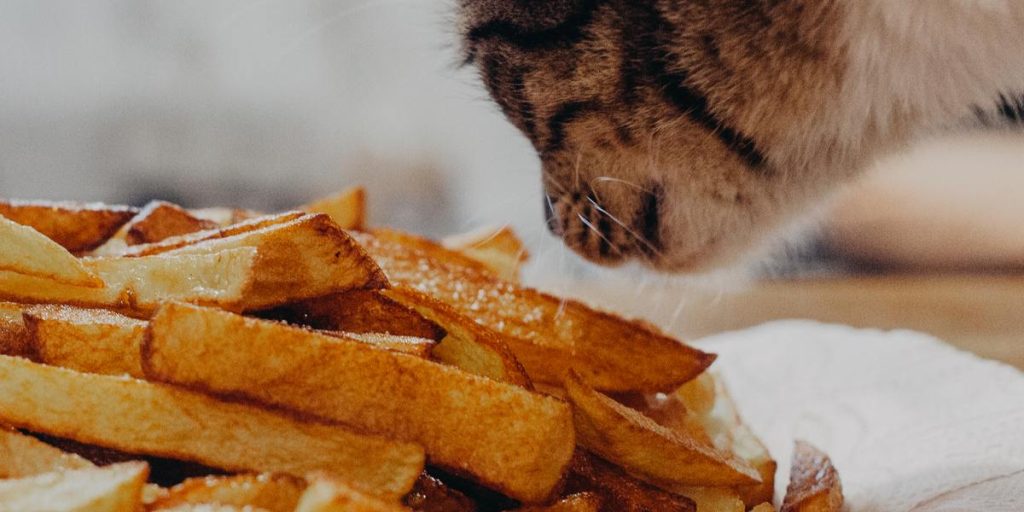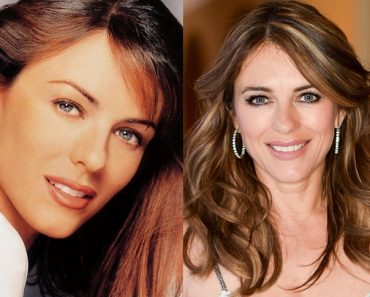
Sweet potatoes are a substantial and satisfying reward for humans, and they are frequently given to dogs for the same reasons. In fact, they are sought after in commercial dog food to provide sustenance and fulfill the canine’s vitamin and mineral needs. Does the narrative, in any case, differ for cats? Are sweet potatoes a good source of food for cats as well, or would it be better for them to avoid them?
When cooked, sweet potatoes are not thought to be toxic or hazardous to cats. This suggests that it is OK for cats to consume this food, despite the fact that it may not provide any nutritional benefits and may result in longer-term medical issues for your cat.
Sweet potatoes Benefits
Sweet potatoes are a startlingly common addition to commercial cat food sources, and companies like Purina routinely keep this ingredient in mind for their cat food ingredient list. In these situations, it is said that the feline benefits from the high cell renewal rates and high fiber content. However, most cat-friendly dietitians assert that feeding sweet potatoes s to a committed meat eater like a kitty offers virtually no benefits.
Unsuitable for Committal Carnivores as a Species
Sweet potatoes may be useful to canines, although cats and canines are completely unrelated. Canines are omnivores, eating both plant-based diets and meat, whereas cats are devoted carnivores.
Commit carnivores only consume meat, unless it is found in the stomach of their victim, and they do not consume any other types of food.
Although veggies do contain protein, they aren’t considered to be helpful to cats because they need to receive their protein from animal sources. Providing protein to cats through veggies also means that they will consume less of this essential nutrient from sources that include meat.
A creature of an animal variety would value a healthy eating regimen if they were to live in the wild. It satisfies the species’ dietary requirements for health and ensures that they consume only foods that are appropriate for them to consume.
A cat’s ideal diet would primarily consist of insects and rodents, according to animal categories. They could consume young chicks, a sporadic rabbit, and mice. Only 1% to 2% of their diet would consist of natural foods like vegetables and grass, and they would seldom ever consume fish or grains.





